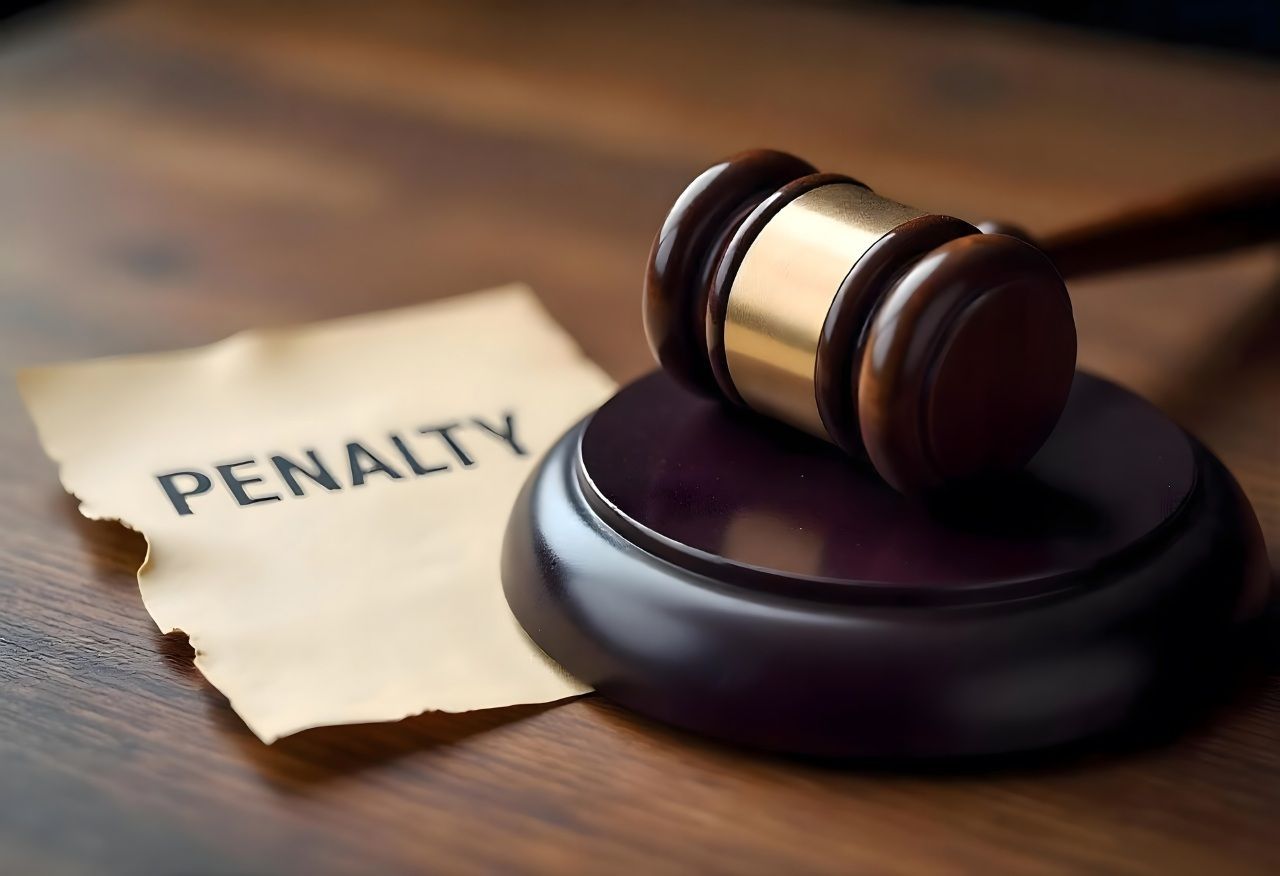The Penalty for Hiding Assets in a Divorce in the UK

Divorce can be messy - emotionally, financially, logistically. And when trust breaks down, some people panic. They try to shield their wealth, shift assets into someone else’s name, or conveniently “forget” to disclose certain accounts. But while these tactics might feel clever in the moment, the penalty for hiding assets in divorce UK cases is steep - and growing harsher.
Under UK family law, both parties are required to make full and frank financial disclosure. It’s not optional. The idea is simple: only with a complete picture of both parties' finances can the court (or the parties themselves, through agreement) reach a fair settlement. But when a party chooses to hide assets - whether through deliberate omission, undervaluing property, or transferring funds to a third party - it becomes a serious breach of legal duty.
In this guide, we’re going to explore the risks of hiding assets, how courts uncover deception, and why legal representation may be essential if you suspect your ex isn’t playing fair - or if you’ve made mistakes yourself and want to set things right.
What Counts as Hiding Assets?
Hiding assets doesn’t always mean stuffing cash under the mattress or stashing gold in a safety deposit box (although, yes, that happens). More often, it involves:
- Failing to disclose bank accounts, savings, or investments
- Undervaluing a business or property
- Transferring ownership of assets to relatives, friends, or offshore structures
- Delaying income or bonuses until after the divorce
- Concealing cryptocurrency holdings or digital wallets
Even “minor” non-disclosures - like forgetting to list a shareholding or omitting a pension - can be interpreted as intentional if they form a pattern. And courts take a dim view of anything that suggests deception, however subtle.
How Do Courts Uncover Hidden Assets?
Family courts in the UK have significant powers to investigate suspected financial misconduct. If a judge believes assets are being concealed, they can:
- Order forensic accounting investigations
- Compel disclosure of documents
- Summon third-party evidence (e.g., bank records, company accounts)
- Issue freezing orders to prevent assets being moved
If a party is caught being deliberately dishonest, the court can even set aside an existing settlement - something that has become more common in recent years.
Moreover, the other party’s solicitor may conduct their own discovery process, scrutinising income patterns, company structures, and asset transfers. There’s also the growing use of tech-based forensics: tracing crypto transactions, identifying hidden digital assets, or matching spending patterns to undisclosed income.
In short: hiding assets isn’t just unethical - it’s increasingly difficult to get away with.
What Are the Penalties for Hiding Assets?

The UK family court takes non-disclosure seriously. The consequences can include:
- Reversal of the financial settlement: If the court discovers that one party lied or hid assets during proceedings, it can throw out the original settlement and order a new one - often far less favourable to the dishonest party.
- Contempt of court: Intentionally misleading the court is a criminal offence. In extreme cases, this can result in fines or even imprisonment.
- Legal costs: The party caught hiding assets may be ordered to pay the other party’s legal fees.
- Credibility damage: Once a party is found to be dishonest, their credibility is compromised throughout the rest of the proceedings - potentially affecting everything from maintenance to child arrangements.
In one high-profile case, a husband’s failure to disclose offshore assets led to the Supreme Court allowing his ex-wife to re-open the case years after the original settlement. That’s how seriously the courts take these breaches.
Can a Settlement Be Reopened After It’s Finalised?
Yes. If hidden assets are discovered after a financial order has been approved, the affected party can apply to have the settlement re-examined. The threshold is high - it must be shown that the non-disclosure was material and deliberate - but the courts have shown a growing willingness to revisit cases when deceit is uncovered.
This is where the risks multiply. Not only does the dishonest party face a worse settlement, but their attempt to “win” financially often ends up backfiring - expensively so.
If you’ve already finalised a divorce and have reason to believe assets were concealed, it’s crucial to act quickly. The longer you wait, the harder it becomes to argue for a re-evaluation.
How to Protect Yourself (Or Correct Past Mistakes)
Whether you're concerned your ex is hiding assets or you fear your own disclosure may have been incomplete, getting advice fast is key. Courts have little patience for game-playing, but they do acknowledge genuine oversight if it's dealt with promptly and transparently.
If you're already in proceedings, ensure your financial disclosure (Form E) is complete, accurate, and up to date. If you’re post-divorce and suspicious about non-disclosure by your ex-spouse, gather what evidence you can and speak to a solicitor experienced in financial remedy applications.
And above all - don’t try to “outsmart” the process. It’s simply not worth the fallout.
Final Thoughts
There’s a reason UK courts treat non-disclosure in divorce as a serious offence: it strikes at the very heart of fairness and transparency. If you're asking about the penalty for hiding assets in divorce UK proceedings, you’re already in dangerous territory - because once dishonesty is proven, the consequences can be severe, long-lasting, and, in some cases, irreversible.
At Skylark Hill, we provide strategic, discreet, and experienced advice to those navigating high-stakes financial disputes. Whether you need help challenging a dishonest settlement or ensuring your own disclosures are watertight, our team offers trusted legal representation in Mayfair that cuts through the noise and keeps your interests protected.












